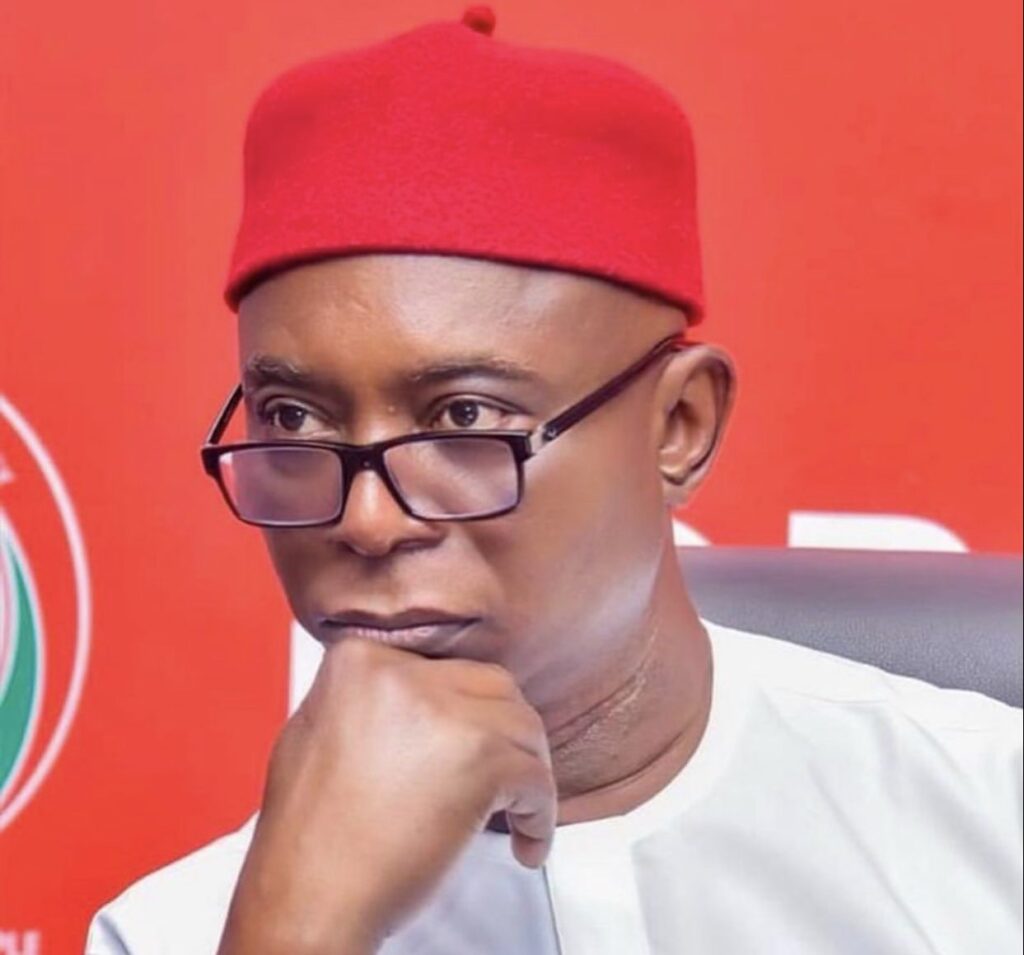Sen. Ned Nwoko (PDP-Delta) on Monday, urged African countries to strengthen the business network between them for a more viable continent united toward promoting economic independence by leveraging its abundant human and materials resources.
Nwoko underscored the importance of economic independence for Africa through the Indigenous production of goods and crude oil refining into petroleum products for use as fuels for transportation, heating, paving roads, generating electricity, and feedstocks for making chemicals.
The lawmaker who expressed the thought in an interview with the Newsmen Abuja, noted that doing so would have the kind of ripple effect needed for wealth creation and job opportunities for citizens.
According to him, this cannot be achieved without “steadfast leadership”.
“We need political leaders who will prioritise Africa; leaders who are passionate about telling the African story in another dimension,” he said.
The lawmaker also called for a common currency and language in the continent to help forge stronger connections across the continent.
He observed that dependence on foreign currencies has stifled Africa’s economic growth and development.
“We do not need the dollar or euros. What we truly need is an African currency that empowers us to trade among ourselves.
“A single African currency would not only streamline trade but also bolster Africa’s presence on the global stage,” he said.
Reflecting on the impact of colonialism on Africa, Nwoko, who is the Chairman of the Senate Committee on Reparation, lamented the imposition of languages such as English, French, and German on the continent.
According to him, these languages have continued to overshadow the continent’s rich linguistic diversity.
“We are blessed with indigenous languages such as Swahili, Hausa, Yoruba, and Arabic.
“Adopting one of these languages as a pan-African tongue can serve as a powerful tool for unity and cultural revival.
“Removing the barriers created by colonial partitions of Africa will lead to cultural renaissance, increased and sustained growth of African culture and tourism,” he added.

